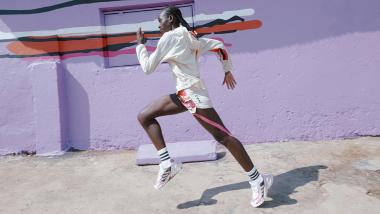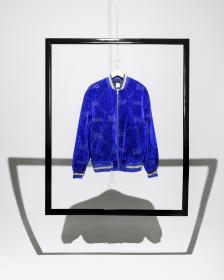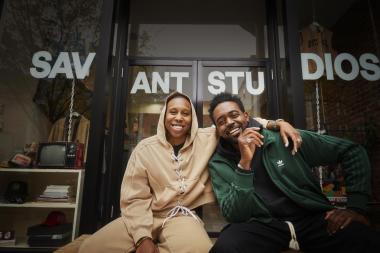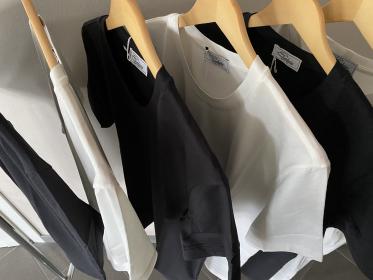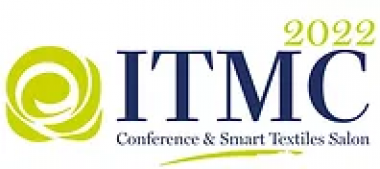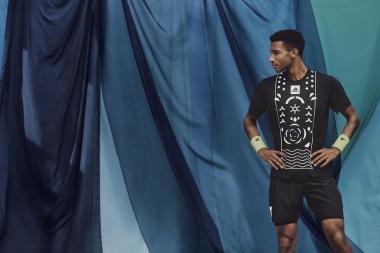Kelheim Fibres partners with TextileGenesisTM for more transparency
Viscose speciality fibres manufacturer Kelheim Fibres partners with TextileGenesisTM, a traceability platform that creates radical transparency from fibre-to-retail and ensures authenticity d provenance of sustainable textiles against generics.
“Our wood-based fibres are an environmentally friendly basis for sustainable textiles - it's just that consumers often don't know what's behind their garments. But they need to know it’s in their hands to minimise the ecological footprint of the textile industry. Transparency and traceability are the foundation that enables consumers to make informed decisions.”, says Dr. Marina Crnoja-Cosic, Director New Business Development at Kelheim Fibres.
TextileGenesisTM uses blockchain technology to track and verify the use of sustainable fibres all the way from fibre to garment. A digital fibercoin ensures transparency and reliability throughout the entire production line and beyond.
Amit Gautam, Founder & CEO at TexileGenesisTM:"Fashion and textile value chain is undergoing major transformation driven by sustainable materials, shifting consumer demand for sustainable products, and increasingly stringent regulations on transparency. Great to see Kelheim moving the industry forward by actively participating in the traceability journey."
Kelheim Fibres GmbH













